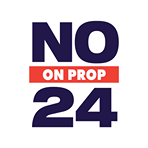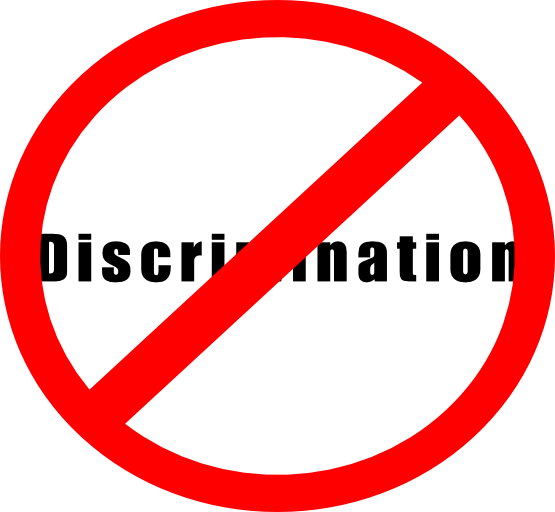Advocates Call on TikTok Suitors to Clean Up Kids’ Privacy Practices

Contact:
Katharina Kopp, CDD (kkopp@democraticmedia.org (link sends e-mail); 202-836-4621)
David Monahan, CCFC (david@commercialfreechildhood.org (link sends e-mail))
Advocates Call on TikTok Suitors to Clean Up Kids’ Privacy Practices
Groups had filed complaint at FTC documenting how TikTok flouts children’s privacy law, tracks millions of kids without parental consent.
WASHINGTON, DC and BOSTON, MA—September 3, 2020—The nation’s leading children’s privacy advocates are calling on potential buyers of TikTok “to take immediate steps to comprehensively improve its privacy and data marketing practices for young people” should they purchase the platform. In separate letters to Microsoft, Walmart, and Oracle, Campaign for a Commercial-Free Childhood (CCFC) and the Center for Digital Democracy (CDD) detail TikTok’s extensive history of violating the Children’s Online Privacy Protection Act (COPPA), including a recent news report that TikTok internally classified more than one-third of its 49 million US users as fourteen or under. Given the likelihood that millions of these users are also under thirteen, the advocates urged Microsoft, Walmart, and Oracle to pledge to immediately stop collecting and processing data from any account flagged as or believed to be under thirteen if they acquire TikTok’s US operations, and only restore accounts that can be affirmatively verified as belonging to users that are thirteen or older. COPPA requires apps and websites to obtain verifiable parental consent before collecting the personal information of anyone under 13, but TikTok has not done so for its millions of accounts held by children.
“Whoever purchases TikTok will have access to a treasure trove of ill-gotten, sensitive children’s data,” said Josh Golin, Executive Director of CCFC. “Any new owner must demonstrate their commitment to protecting young people’s privacy by immediately deleting any data that was illegally obtained from children under thirteen. With the keys to one of the most popular platforms for young people on the planet must come a commitment to protect children’s privacy and wellbeing.”
In February 2019, TikTok was fined $5.7 million by the Federal Trade Commission (FTC) for COPPA violations and agreed to delete children’s data and properly request parental consent before allowing children under 13 on the site and collecting more data from them. This May, CCFC, CDD, and a coalition of 20 advocacy groups filed an FTC complaint against TikTok for ignoring their promises to delete kids’ data and comply with the law. To this day, the groups say, TikTok plays by its own rules, luring millions of kids under the age of 13, illegally collecting their data, and using it to manipulatively target them with marketing. In addition, they wrote to the companies today that, “By ignoring the presence of millions of younger children on its app, TikTok is putting them at risk for sexual predation; news reports and law enforcement agencies have documented many cases of inappropriate adult-to-child contact on the app.”
In August, the groups’ allegations that TikTok had actual knowledge that millions of its users were under thirteen were confirmed by the New York Times. According to internal documents obtained by the Times, TikTok assigns an age range to each user utilizing a variety of methods including “facial recognition algorithms that scrutinize profile pictures and videos,” “comparing their activity and social connections in the app against those of users whose ages have already been estimated,” and drawing “upon information about users that is bought from other sources.” Using these methods, more than one third of TikTok’s 49 million users in the US were estimated to be under fourteen. Among daily users, the proportion that TikTok has designated as under fourteen rises to 47%.
“The new owners of TikTok in the U.S. must demonstrate they take protecting the privacy and well-being of young people seriously,” said Katharina Kopp, policy director of the Center for Digital Democracy. “The federal law protecting kids’ privacy must be complied with and fully enforced. In addition, the company should implement a series of safeguards that prohibits manipulative, discriminatory and harmful data and marketing practices that target children and teens. Regulators should reject any proposed sale without ensuring a set of robust set of safeguards for youth are in place,” she noted.
###

